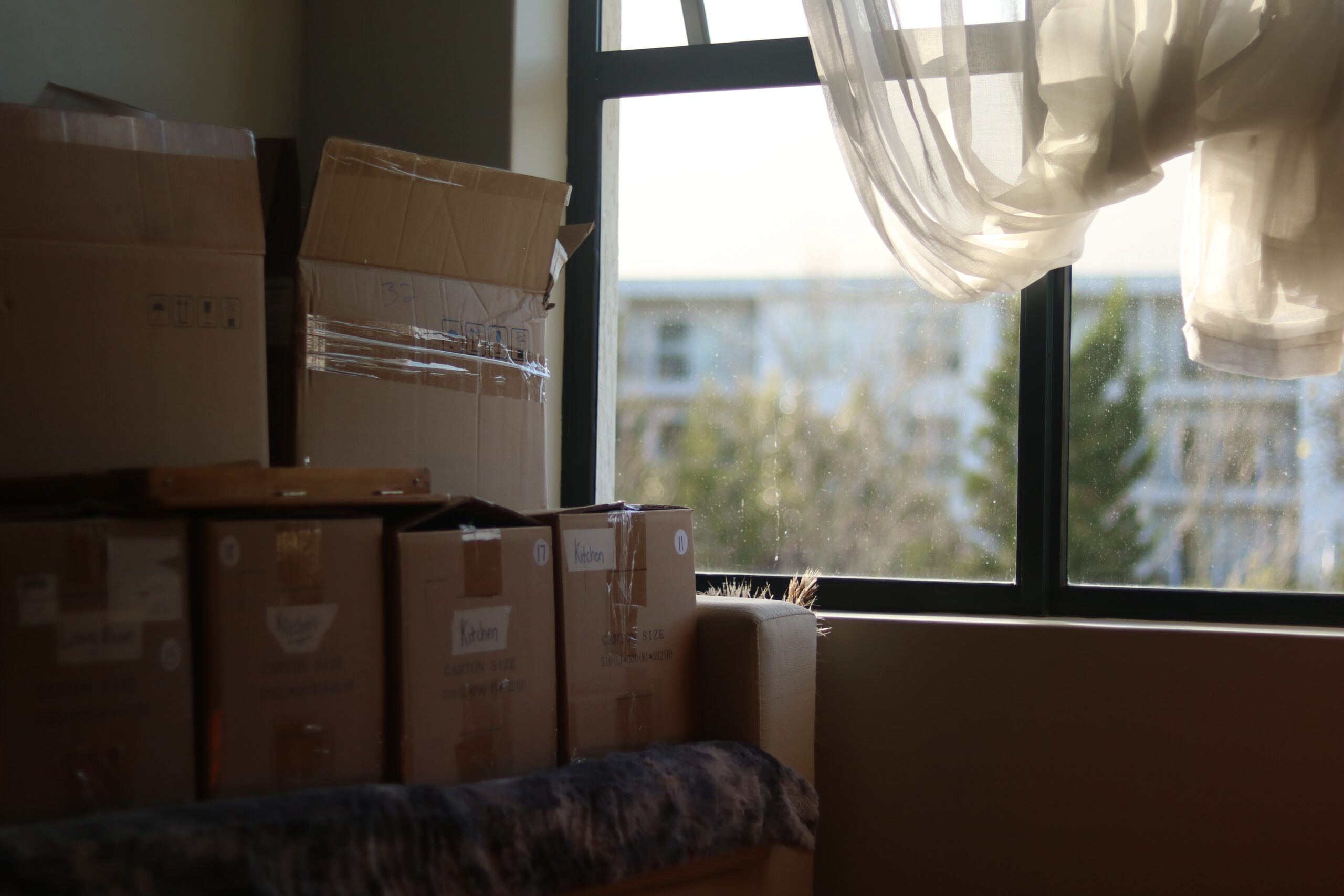When renting an apartment, you will most likely pay the landlord your first month of rent in addition to a security deposit, typically equal to one month’s rent. The security deposit serves as a form of financial protection for the landlord if you do not pay rent or inflict substantial damage to the property. Landlords cannot use the security deposit as a last month’s rent and must return the deposit to their tenant within 14 days after their lease ends.
Tips for receiving the full security deposit
You should take the following steps to ensure you receive the full security deposit back.
Familiarize themselves with their lease
While you should read through your entire lease before signing, some renters may slightly look over the portion about their security deposit. However, this is an important section of the lease, and you should carefully read this portion to guarantee you understand all rules before signing. You will need to follow all the lease terms to receive the deposit.
The lease outlines the grounds for receiving your security deposit, including language which states that you must return the apartment in the condition it was rented, with the expectation that normal wear and tear will occur. A landlord may include other stipulations, perhaps stating you must hire someone to professionally clean a specific item or area.
Take photos before moving in
While you may take photos and videos of the unit while touring the space, you should take an additional set when you sign the lease. This time, specifically look for any flaws in the apartment and get them on camera, then put them in a folder with the date the photos were taken. For substantial flaws that require repairs, reach out to your landlord or management company right away to ensure they fix the issue.
If the landlord tries to argue that you caused the damage, you can provide proof that it was not your wrongdoing.
Get written approval for repairs or modifications
If you want to modify the apartment, make renovations, or complete a repair, you need written consent from the landlord. If you decide without first consulting with your building, you risk losing your security deposit.
When a landlord gives written permission, you should compile all documents regarding the repair and keep them organized. If your landlord later tries to argue that they did not authorize the modification, you will have sufficient evidence to support your case by case.
Follow the move-out rules
When reading through your lease, you may notice a section explicitly stating the rules for moving out. Some building may require their tenants to move out by a certain time of the day, return their keys to a certain person, etc.
Additionally, you can follow up with the landlord and building managers to ensure the rules are the same and to organize how to return your keys.
Attend an apartment review with building personnel
Sometimes, a building may let its tenants know that the landlord, super, or other person affiliated with the building will review the apartment’s condition after move-out. In this case, you should also attend that viewing to ensure the person representing the building has an accurate depiction of the state of the apartment. This also allows you to address their concerns and clear up potential misunderstandings.
What to do if you don’t receive the deposit back
It is illegal for a landlord to withhold a security deposit without an explanation. However, some landlords and building managers may try to withhold the deposit. You can take the following steps to receive your security deposit.
Reach out on the 14th day after the lease ends
If you do not receive the deposit by the fourteenth day after your lease ends, contact the building personnel, landlord, or management company to inquire about when you will receive the deposit. Sometimes, the postal service may experience delays, which could be lost in the mail.
If you do not receive a response from your contact, continue reaching out to other contacts in the building. With a management company, this should be easier as they will have multiple staff members who should see the attempt at contact. If you do not receive an email, try calling a phone number. Some management companies may also have their address on their website, and you could visit their office to see someone in person.
Contact higher-up organizations
If your attempts to contact their landlord or building management remain unsuccessful, you can reach out to the Consumer Frauds and Protection Bureau of the NYS Attorney General.
What to do if you disagree with your landlord
If a landlord provides you with reasons to withhold the security deposit that you do not agree with, you can send a demand letter which states that you fulfilled your obligations as a tenant. Should the landlord continue to disagree, you can proceed in Small Claims Court or reach out to the Consumer Frauds and Protection Bureau of the NYS Attorney General.









